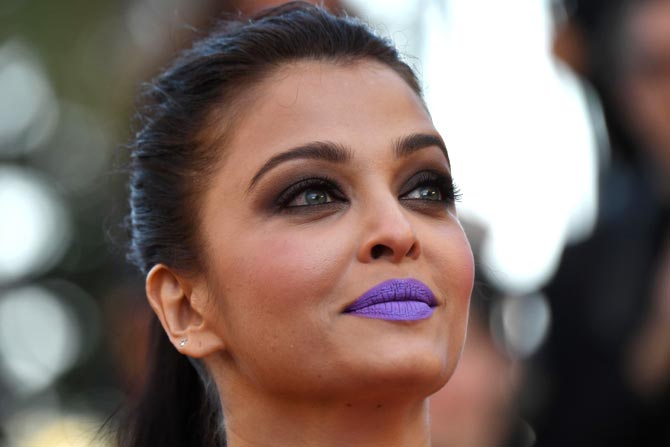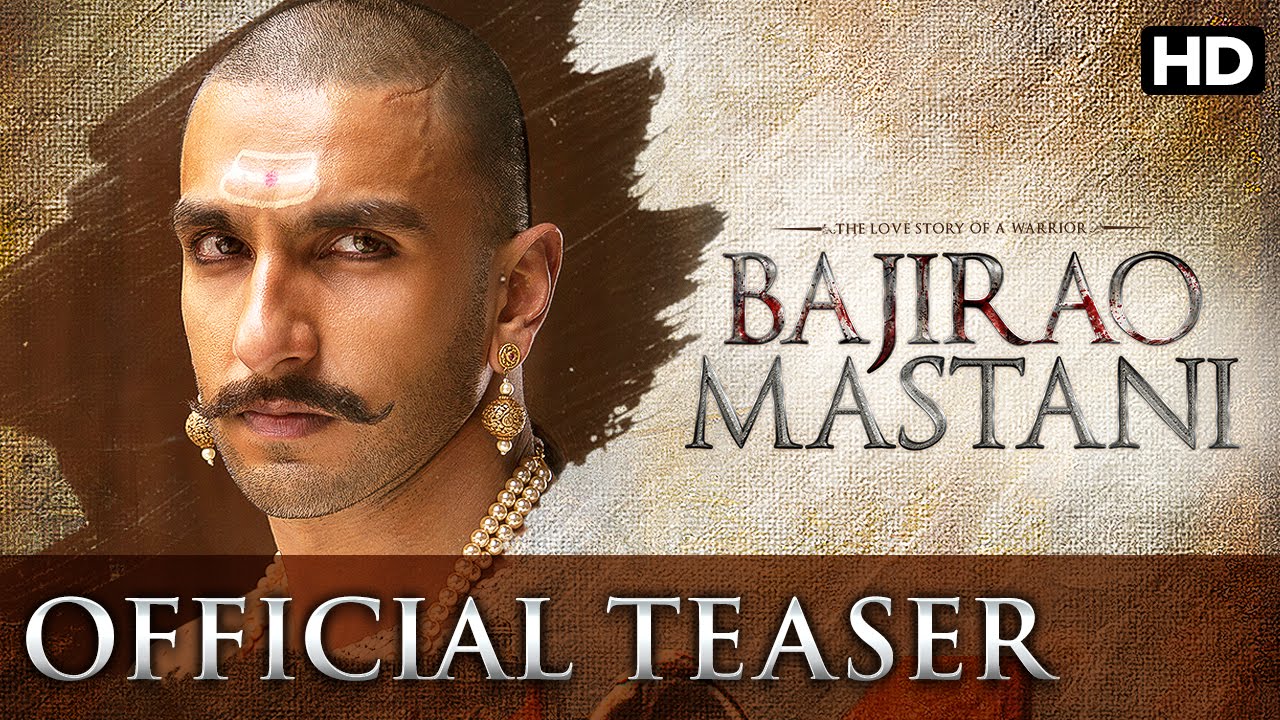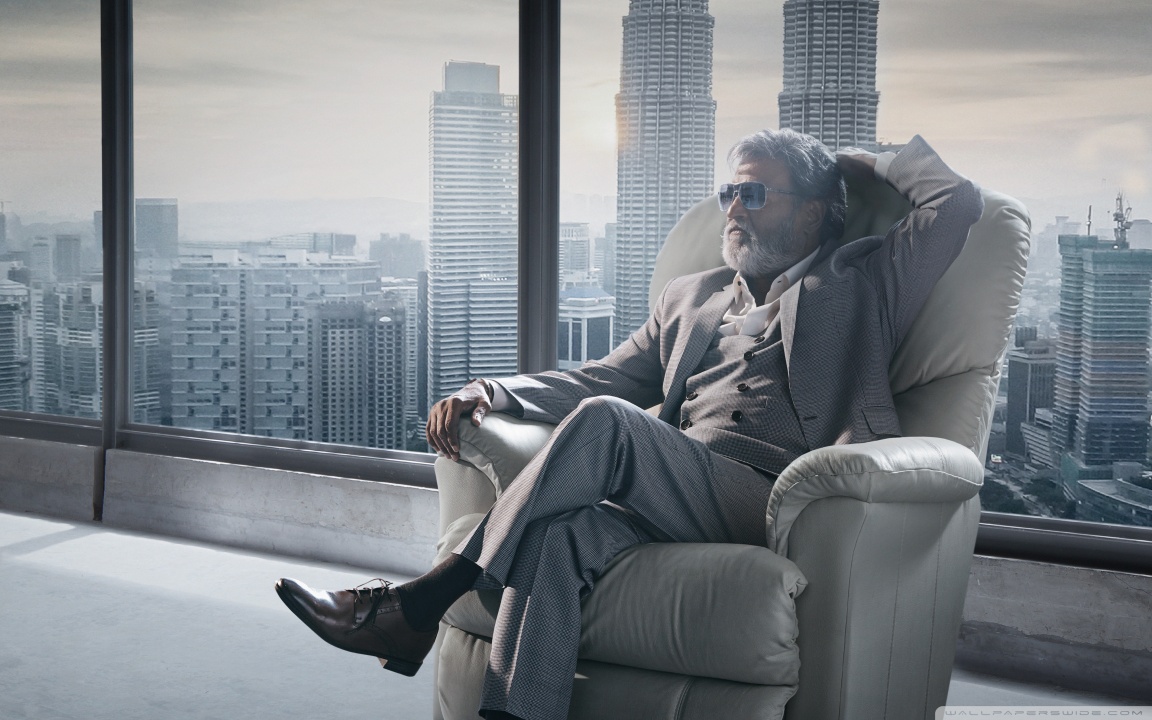
Veteran Actor-Director Manoj Kumar Dies at 87: A Nation Bids Farewell to Its Beloved ‘Bharat Kumar’
Manoj Kumar: The Patriotic Icon of Indian Cinema
On April 4, 2025, India lost not just a film icon but a man who made millions feel proud to be Indian. Manoj Kumar — actor, director, writer, and the face of patriotic cinema — passed away in Mumbai at the age of 87. His death marks the end of an era where cinema didn’t just entertain; it stirred hearts, sparked thought, and inspired a nation.
A Childhood Touched by History
Born Harikrishan Giri Goswami in 1937 in Abbottabad (now in Pakistan), Manoj Kumar’s early years were shaped by the heartbreak of Partition. His family, like many others, had to leave everything behind and move to Delhi. The pain of losing his homeland and the hope of a united India stayed with him—and later found powerful expression in his films.
As a young boy, he was inspired by Dilip Kumar and dreamed of the silver screen. That dream took shape when he moved to Bombay, adopting the name Manoj Kumar and stepping into the world of films—not just to make a living, but to make a difference.
The Rise of ‘Bharat Kumar’
He found success with films like Woh Kaun Thi? (1964) and Shaheed (1965), but it was Upkar (1967) that truly changed everything. A story of a farmer who becomes a soldier, Upkar was inspired by Prime Minister Lal Bahadur Shastri’s slogan, “Jai Jawan, Jai Kisan.” Manoj Kumar didn’t just act in it—he wrote and directed it too.
The film struck a deep emotional chord across the country. People didn’t just watch it—they felt it. From that point on, he wasn’t just Manoj Kumar. He became “Bharat Kumar” — the symbol of every Indian who loves their land with heart and soul.
Cinema with a Conscience
Unlike most stars of his time, Manoj Kumar used cinema to talk about things that mattered. Purab Aur Paschim (1970) reflected on tradition versus modernity. Roti Kapda Aur Makaan (1974) dealt with poverty, unemployment, and dignity. Kranti (1981), a massive freedom struggle epic, reminded Indians of the cost of independence.
His stories were rich with emotion and always carried a message. He didn’t believe in flashy storytelling—he believed in meaningful storytelling. His heroes were simple men who rose in times of crisis, reflecting the strength of ordinary Indians.
A Quiet Giant
Manoj Kumar never ran after fame. He wasn’t loud or attention-seeking. He let his work speak. He didn’t just make movies—he built memories for generations. Even today, his songs like Mere Desh Ki Dharti or scenes from his films are played every Independence Day and Republic Day, reigniting a sense of pride.
Over the years, he was honoured with the Padma Shri and the Dadasaheb Phalke Award, but his greatest reward was the love and respect of the people.
The Last Goodbye
On April 4, surrounded by family and loved ones, Manoj Kumar breathed his last. His funeral at Pawan Hans crematorium was attended by friends from the industry—Amitabh Bachchan, Prem Chopra, Salim Khan—and fans who had admired him for decades. His old friend Dharmendra, despite his own poor health, came to say a final farewell. It was a touching moment, full of respect, love, and shared memories.
Prime Minister Narendra Modi also paid tribute, saying Manoj Kumar’s films ignited a deep patriotic spirit in every Indian. And that’s true. His stories weren’t just cinema—they were lessons in love for the nation.
His Legacy Lives On
Even though he’s no longer with us, Manoj Kumar’s work lives on. His films continue to inspire, educate, and move people. At a time when films often chase trends, he reminded us of what truly matters—values, sacrifice, and pride in who we are.
He wasn’t just a superstar. He was a storyteller of India’s soul. His legacy isn’t only in the movies he made—it’s in the emotion he left behind in the hearts of millions.
Rest in peace, Manoj Kumar ji. Bharat will never forget Bharat Kumar.










